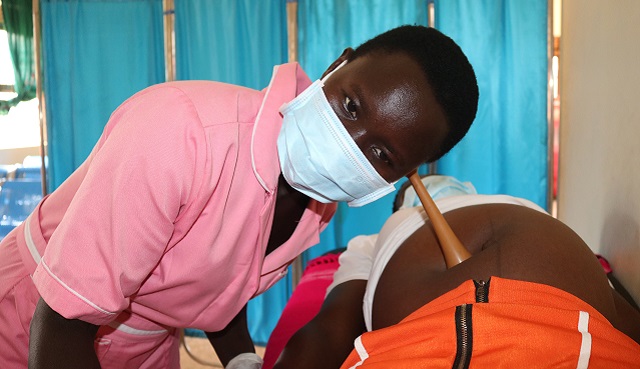Summary:
- A recent Lancet Global Health study highlights that 40 million women annually face enduring health issues post-childbirth, urging increased healthcare recognition, preventive care, and a holistic approach to address neglected conditions and broader societal factors impacting maternal health.
A recent study published in the Lancet Global Health journal reveals that annually, a minimum of 40 million women are susceptible to enduring persistent health issues stemming from childbirth. As part of a special maternal health series, the research underscores the substantial burden of postnatal conditions that endure for months or even years following delivery. These conditions encompass dyspareunia (pain during sexual intercourse) affecting 35% of postpartum women, low back pain (32%), anal incontinence (19%), urinary incontinence (8-31%), anxiety (9-24%), depression (11-17%), perineal pain (11%), tokophobia (fear of childbirth) (6-15%), and secondary infertility (11%).
The study advocates for increased acknowledgment within the healthcare system regarding these prevalent issues, many of which manifest beyond the conventional postnatal service timeframe. The authors stress the importance of comprehensive care throughout pregnancy and childbirth as a pivotal preventive measure, aiming to identify risks and prevent complications leading to enduring health issues post-birth.
Dr. Pascale Allotey, Director of Sexual and Reproductive Health and Research at the World Health Organization (WHO), emphasizes the underappreciation, under-recognition, and underreporting of these postpartum conditions, highlighting the considerable emotional and physical suffering they cause long after childbirth.
Let Us Build Your Online Success!
We are the experts in creating visually stunning and functional websites. With reliable hosting and exceptional customer support, we bring your vision to life. Join hundreds of happy clients who trust us!
Get Started Now📞 Call/WhatsApp: +256 207 800 192
Despite their prevalence, the study notes the neglect of these conditions in clinical research, practice, and policy. The authors, reviewing literature from the past 12 years, identified a lack of recent high-quality guidelines for effective treatment for 40% of the 32 priority conditions analyzed, with no high-quality guidelines from low- or middle-income countries. The absence of nationally representative or global studies for any of the identified conditions further underscores the neglect.
The broader maternal health series, titled ‘Maternal Health in the Perinatal Period and Beyond,’ calls for increased attention to the long-term well-being of women and girls post-pregnancy and even before conception. The recommendations advocate for a holistic approach to reduce maternal deaths, addressing not only immediate biomedical causes but also considering broader social, economic, and environmental factors impacting women’s health.
Authors highlight the need to address racial and gender inequities, economic context, nutrition, sanitation, environmental risks, and exposure to violence and conflict. They argue that neglecting these issues contributes to the lack of progress in reducing maternal deaths observed in 121 out of 185 countries over the past two decades.
Joao Paulo Souza, Centre Director of the Latin American and Caribbean Center on Health Sciences Information and one of the study’s authors, emphasizes that maternal health should not only be a concern during pregnancy but throughout a woman’s life. Factors influencing healthy pregnancies extend beyond the individual, encompassing the surrounding environment, political and economic systems, access to nutritious food, and the level of agency a woman has over her life. Addressing these multifaceted factors alongside ensuring access to high-quality healthcare throughout life is crucial for improving women’s health.

